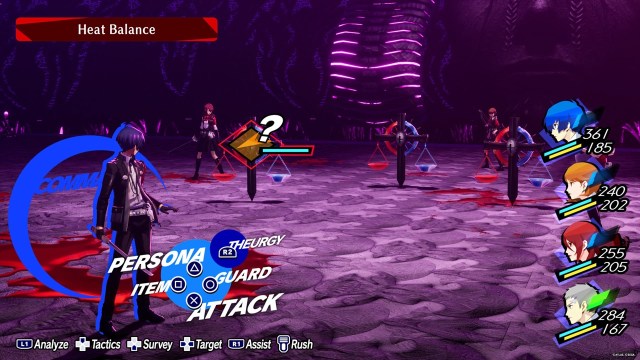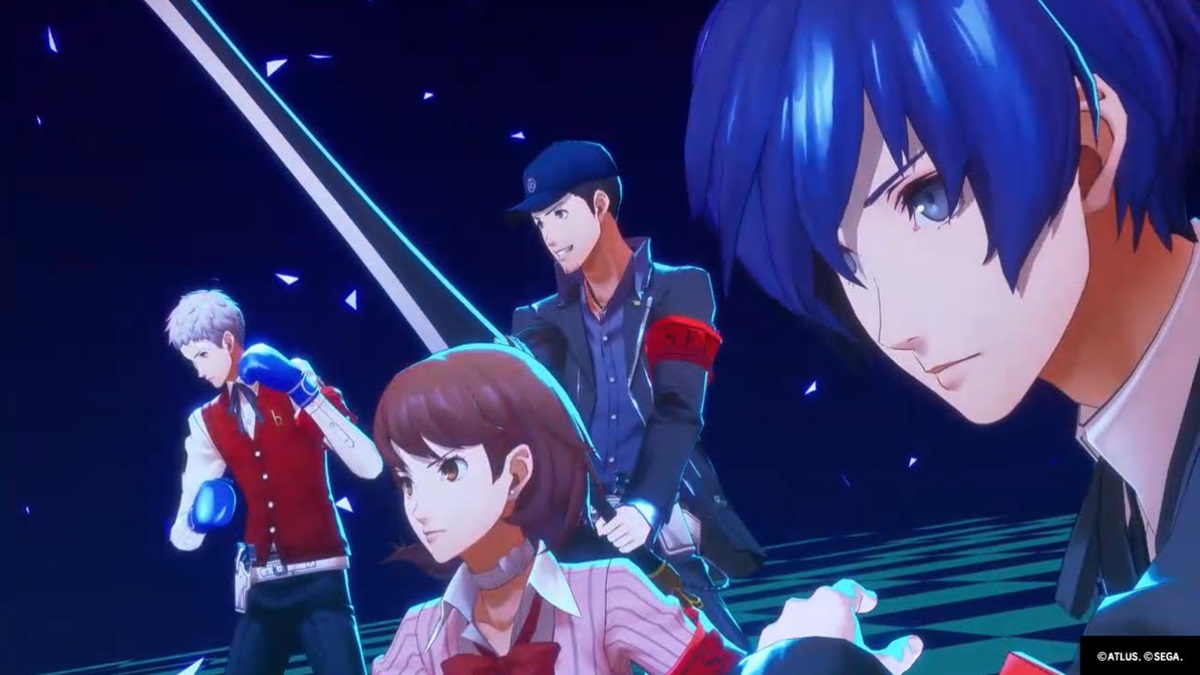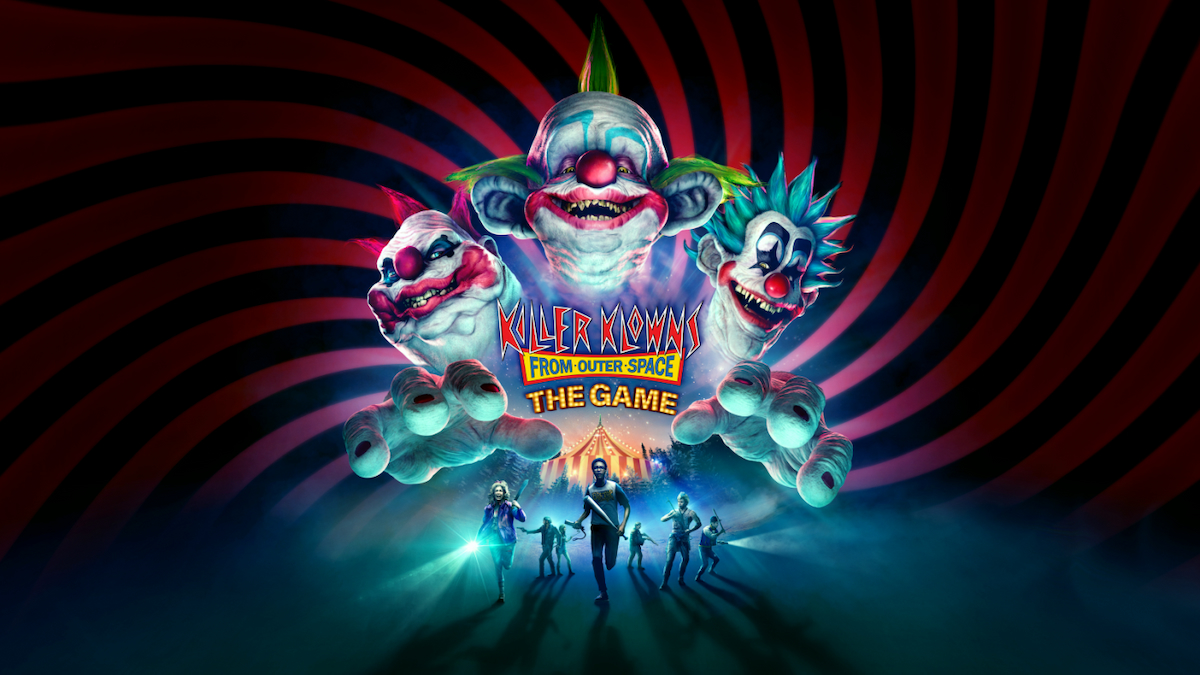Persona 3 has an odd release history, and its remake Persona 3 Reload will soon muddy it even further. Since Persona 3 FES, each subsequent release began offering new content while stripping other elements.
It also makes comparing each version more complicated as features taken for granted in one iteration might not be present in another. While Persona 3 Reload provides a modernized way to experience the title, its exclusions make it hard to consider a definitive version. Atlus is even going hard with marketing to get a newer audience on board. That makes it all the more worthwhile to compare so anyone who jumps in knows what to expect.

Smoother than thieves
Combat is an area where Persona 3 Reload will seem the most appealing. Atlus and P-Studio vastly improved combat in future Persona games and smartly transferred that experience to this remake.
The flow is far snappier than in previous versions, with attacks being faster and having more impact. This is helped by the revamped controls, mapping differing actions to separate options instead of keeping the command wheel. While I miss the revolver design from Persona 3 Portable, it’s an overall great change because fights are always wonderful.
Another notable change to combat is including newer mechanics that were previously only in Persona 5, including the Eiha and Kouga spells for damage-based light and dark attacks. While elements like the Baton Pass remain unchanged outside a name change (Shift), others like Showtime received some tweaks.
Called Theurgy in Persona 3 Reload, these special abilities build over time once a character fulfills specific requirements in fights. Each party member starts with a devastating attack as their Theurgy move, although certain moves from the protagonist offer restorative properties. It’s an entirely new part of Persona 3‘s combat loop, and paired with Shift makes even basic encounters deeply satisfying to overcome.
Fights are overall more forgiving also. Dying to a random encounter will boot you back to the last point you visited Tartarus’ entrance, and dying to a boss lets you retry it. While not as much is at stake as in previous versions sending you back to your last save, it helps keep the game more accessible.
Most importantly, direct control over party members is enabled by default. Persona 3 Portable was previously the only version that allowed for direct control as it carried improvements from Persona 4. Meanwhile, Persona 3 and FES bizarrely relied on issuing orders for a CPU party to follow.
Thankfully, some other core parts of Persona 3 received improvements even if not as drastic as combat’s.

Changes to exploration help burn some of my dread away
Exploration received some quality-of-life updates that I was surprised weren’t already in the previous versions. While there isn’t much new, it’s more convenient to see what was already there.
When swapping back and forth between Reload and Portable, I noticed that the latter automatically moves time forward when returning to the dorms. I got so used to the former removing that I almost accidentally moved time forward when returning during the day. It’s a change I appreciate greatly, especially when mindlessly milling about the world.
Another thing I’m taking for granted is visiting the Iwatodai Strip Mall at night. You could only visit Paulownia Mall previously, so opening up another location gives more choices when venturing out at night. It’s another small inclusion but is wonderful for helping with time management.
Tartarus got the most changes regarding exploration. When Atlus mentioned that Tartarus wasn’t receiving fundamental changes was worrying as it was an absolute slog to get through. Every floor is practically the same with the only differences between blocks being the walls’ color scheme. It still isn’t great, but each block receiving a theme helps it feel less horrible.
The Monad Doors introduced in Yabbashah also help break the pace up. These ominous red doors periodically pop up on some floors, offering a strong enemy to fight on the other side. The rewards aren’t major, but they help with grinding a decent bit.
Tartarus has more to find as there are not only regular chests and rare ones, but locked ones with better rewards. These take a new item called Twilight Fragments to open, and range from powerful items to new gear.
Since they’re scattered around the overworld and Elizabeth gives them out regularly, there are few moments where you can’t open one. That doesn’t detract from the satisfaction and helps freshen Persona 3‘s gameplay even more.

Yikes, the story hasn’t been changed, has it?
If anything received the fewest changes from Persona 3‘s previous iterations, it was the story. It’s arguably the remake’s most controversial point as it sticks only to its main narrative.
Something Atlus emphasized is that Persona 3 Reload only retells the base game’s story. This means additions such as The Answer epilogue from FES and FemC from Portable are absent in this version. These are not small exclusions as one offers a several dozen-hour epilogue to wrap the main story up and the other offers a different perspective with exclusive characters beyond the female protagonist.
While both inclusions had flaws, they greatly expanded Persona 3‘s story, and their absence is unfortunately felt in Reload. To compensate for not having social links with the male party members, Atlus added a new feature called Linked Episodes. These side stories give players a chance to bond with party members for buffs, but it’s overall less content than some prior versions. There are some new scenes even beyond Linked Episodes that help expand on the core cast, including Strega.
Social Links receive little change in Reload, with much of the dialogue remaining almost identical from past versions. The only main change is that reversing a Social Link is harder to do, making it easier to spread time across multiple stories.
An issue only arises assuming players want to spend time with them. As great as the Social Links between characters like Yuko and Akinari are, there’s a Kenji or Nozomi to sour the experience.
It’s arguably baffling that Atlus decided to not attempt a rewrite for Persona 3‘s lesser Social Links. Yet it also keeps Reload as a faithful remake, even if that comes with the previous versions’ writing faults.
While the actual gameplay received updates to modernize it, leaving the written dialogue relatively unchanged runs the risk of making the overall experience feel dated. Hopefully, the talented voice cast and marginally tweaked script help strengthen the story for many.




